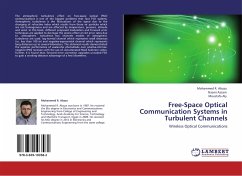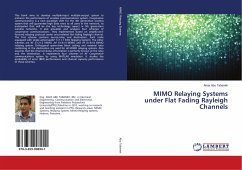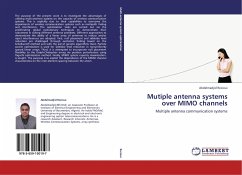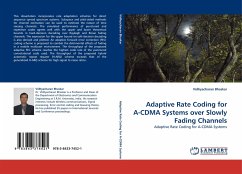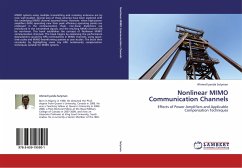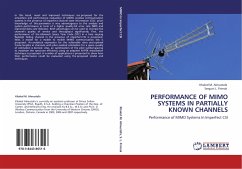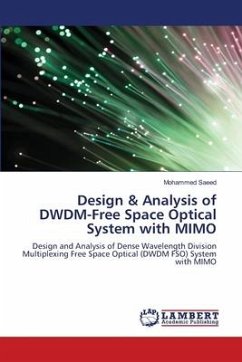The atmospheric turbulence effect on free-space optical (FSO) communications is one of the biggest problems that face FSO systems. Atmospheric turbulence is the fluctuations of the signal due to the changing of refractive index which results from those air particles which are not homogonous and are affected by temperature, pressure, altitude and wind. In this book, different proposed modulation and forward error techniques are applied to decrease the severe effect on bit error rates due to atmospheric turbulence. Two channels models of atmospheric turbulence are used: log-normal channel which represents small distances (i.e. less than 100 m) and negative-exponential channel which represents long distances up to several kilometers. The obtained results demonstrated the superior performance of avalanche photodiode over positive-intrinsic-negative (PIN) receivers with the use of concatenated Reed Solomon codes. Further, it is found that, forward error correction upgrades uncoded FSOto gain a working-distance advantage of a few kilometers.
Bitte wählen Sie Ihr Anliegen aus.
Rechnungen
Retourenschein anfordern
Bestellstatus
Storno

